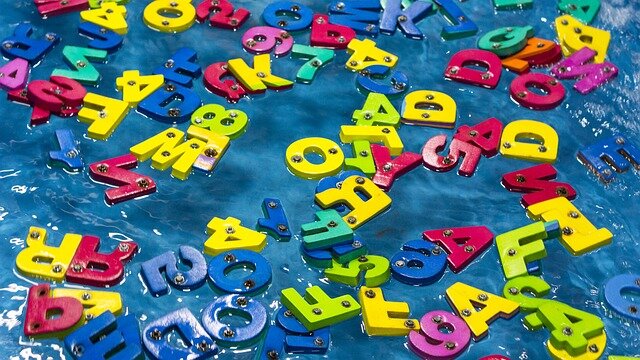One of my favorite parts of my practice was when I could do evaluations. I liked trying to figure out ways to get good data, even when the situations were complicated. It was like solving a puzzle, putting all the parts together to get a picture of how someone worked with information. Then, I could start to figure out what could be done to help.
Many times, parents would bring in reports to me that had received from other psychologists. Even though the results were clear to me, many parents said they had no understanding of what all the numbers meant. They also didn’t know how to use the information to help with planning for their child. So, I decided to write a series of blogs to help sort out the confusion.
There are many kinds of tests and more are coming out every day. Psychologists sort through all these and usually use only the ones that have two important characteristics.
First, it is important to be sure that the results are consistent. If a child is tested one day, will the results be similar the next time. The question is, can we count on the test results. One way to be sure about this is to have given the test many times, to many different groups of students. Even though this kind of research is not interesting to non-psychologists, it is crucial if you are going to base treatments on the results.
Second, does the test really assess what it says it does. If a test is developed to identify the presence of an Attention Deficit Disorder, for example, is it really able to sort out what is ADD behavior from what is “squirmy boy” behavior, or sensory seeking behavior, or just normal behavior for that age. How can we be sure? They all can look similar. So, research is needed on a large number of children, from different areas, different backgrounds to make sure that the test is really valid. In general, the more children in the sample groups and the more care in studies, the more accurate we can be.
I know many parents don’t worry too much about these factors, but in my opinion, they should. I have seen tests used to label or categorize children when the tests themselves were of questionable value. Unfortunately, I have also seen times when the choice of tests was made to give a desired result, usually to deny services to a child.
So, I have written a series of blogs where I try to outline to variety of tests available so that parents can be sure that they are getting the best assessment possible for their child. In defense of the testors, it is important for parents to know that buying the test kits is extremely expensive so most independent psychologists don’t have a wide variety. Instead, they choose the ones that they have the most use for.
What should a parent do either when testing is recommended or when you feel your child needs an assessment?
- Make sure the questions to be answered are clear. Do you need to know about your child’s overall ability or are their specific questions about his/her vocabulary development, for example.
- Look at the lists of tests in the next blogs to be knowledgeable when you talk to the psychologist. Ask what tests will be used.
- Carefully review the results, to be sure you understand what the results indicate about your child.


